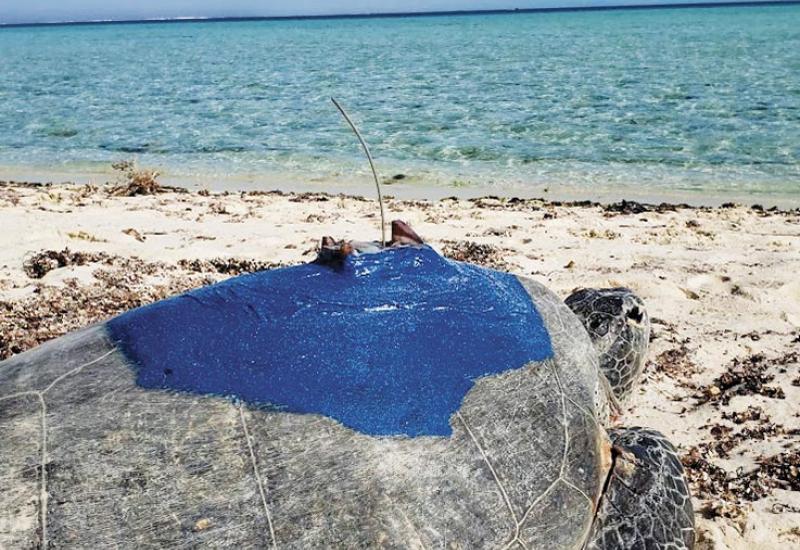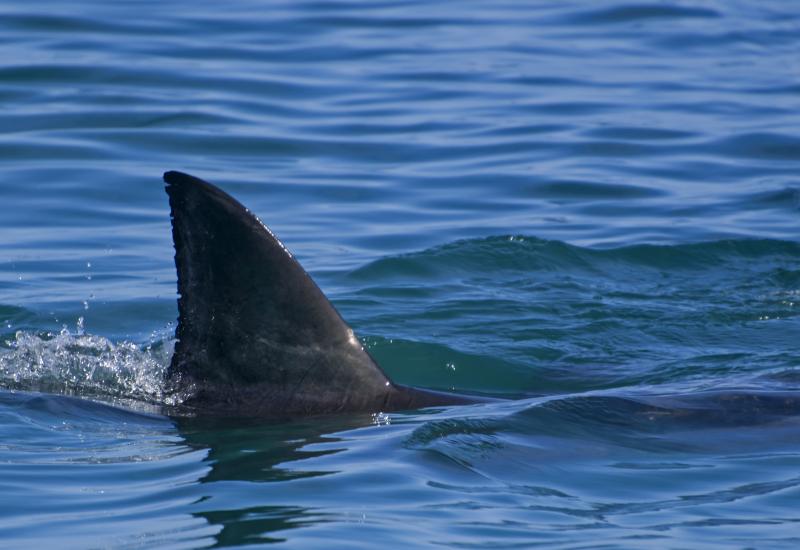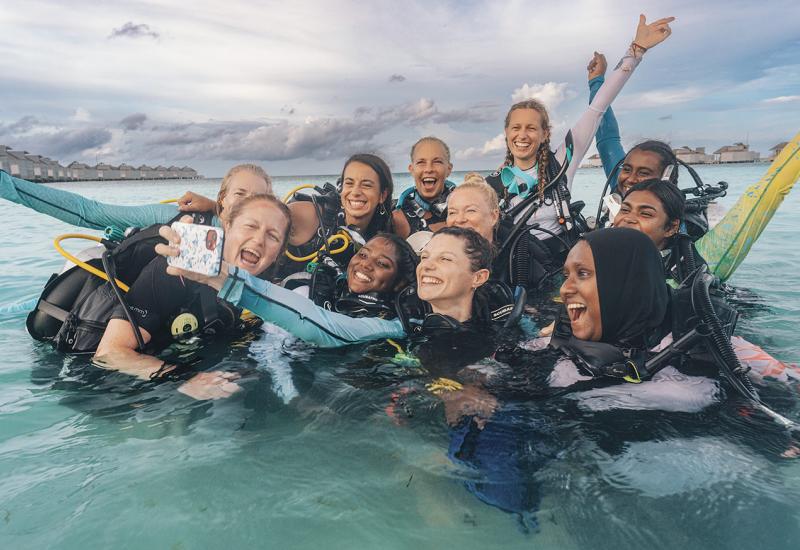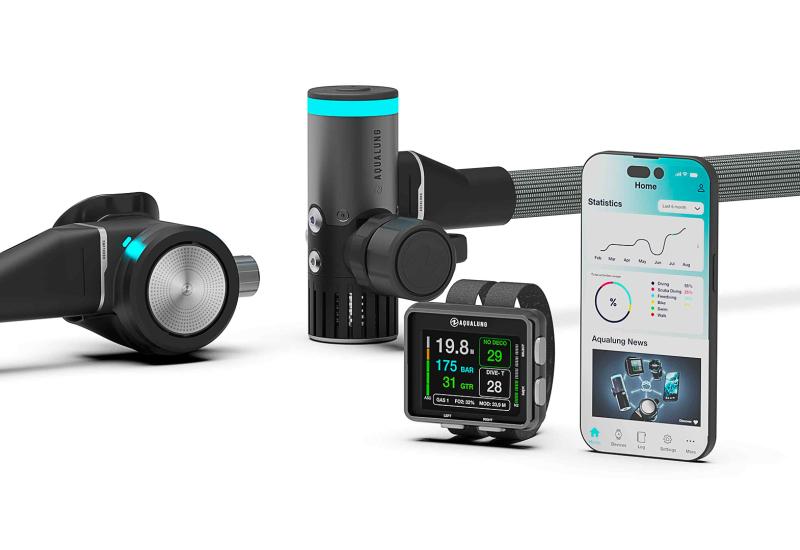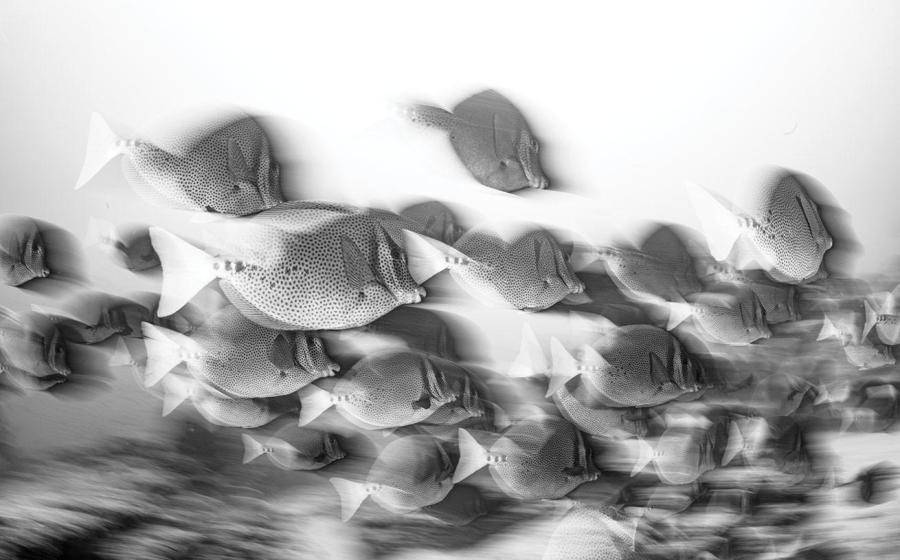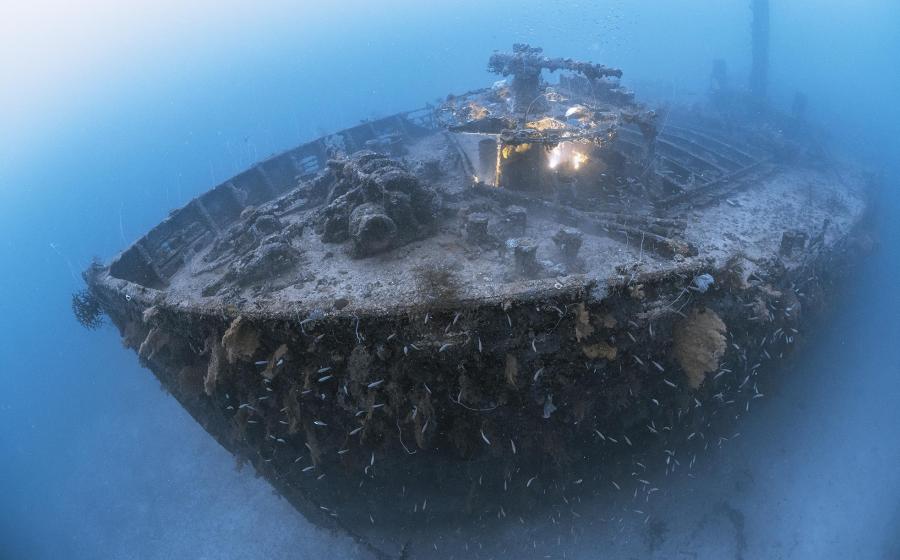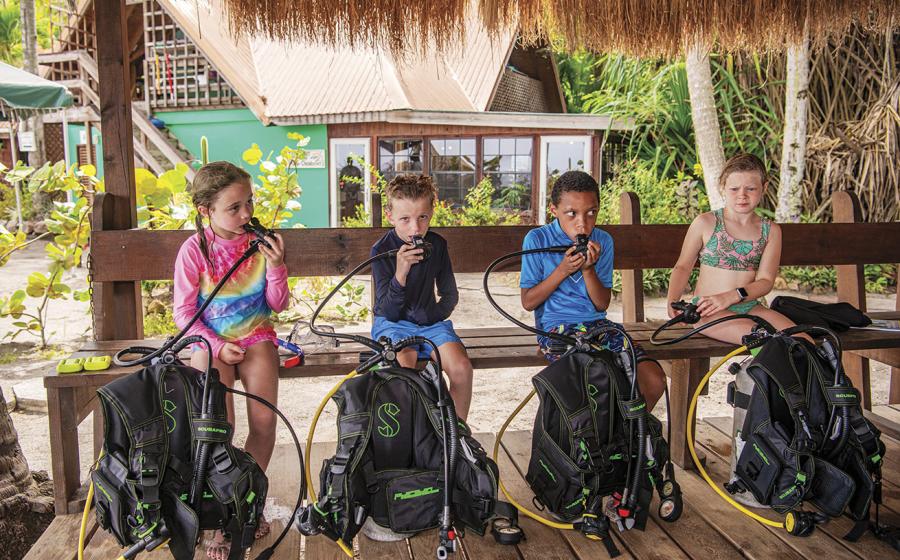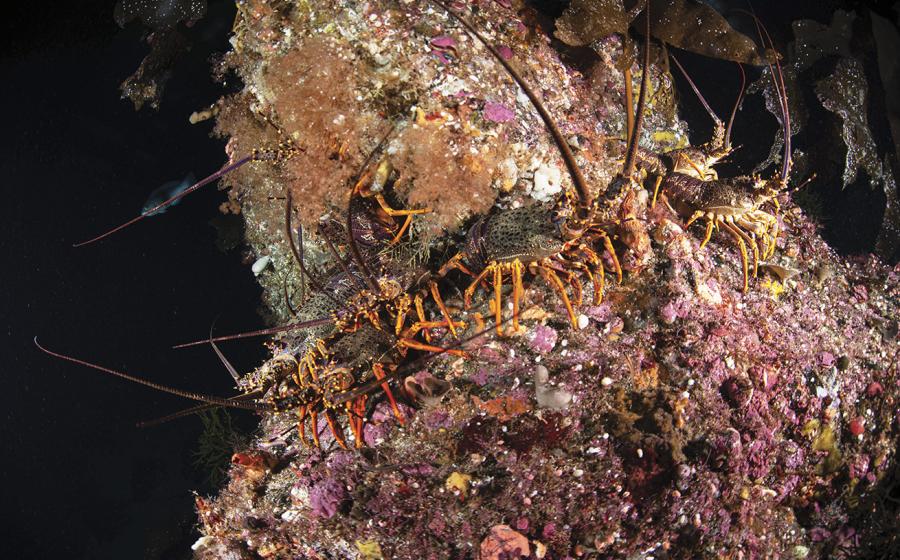What It's Like to be the Dive Instructor on a Super Yacht
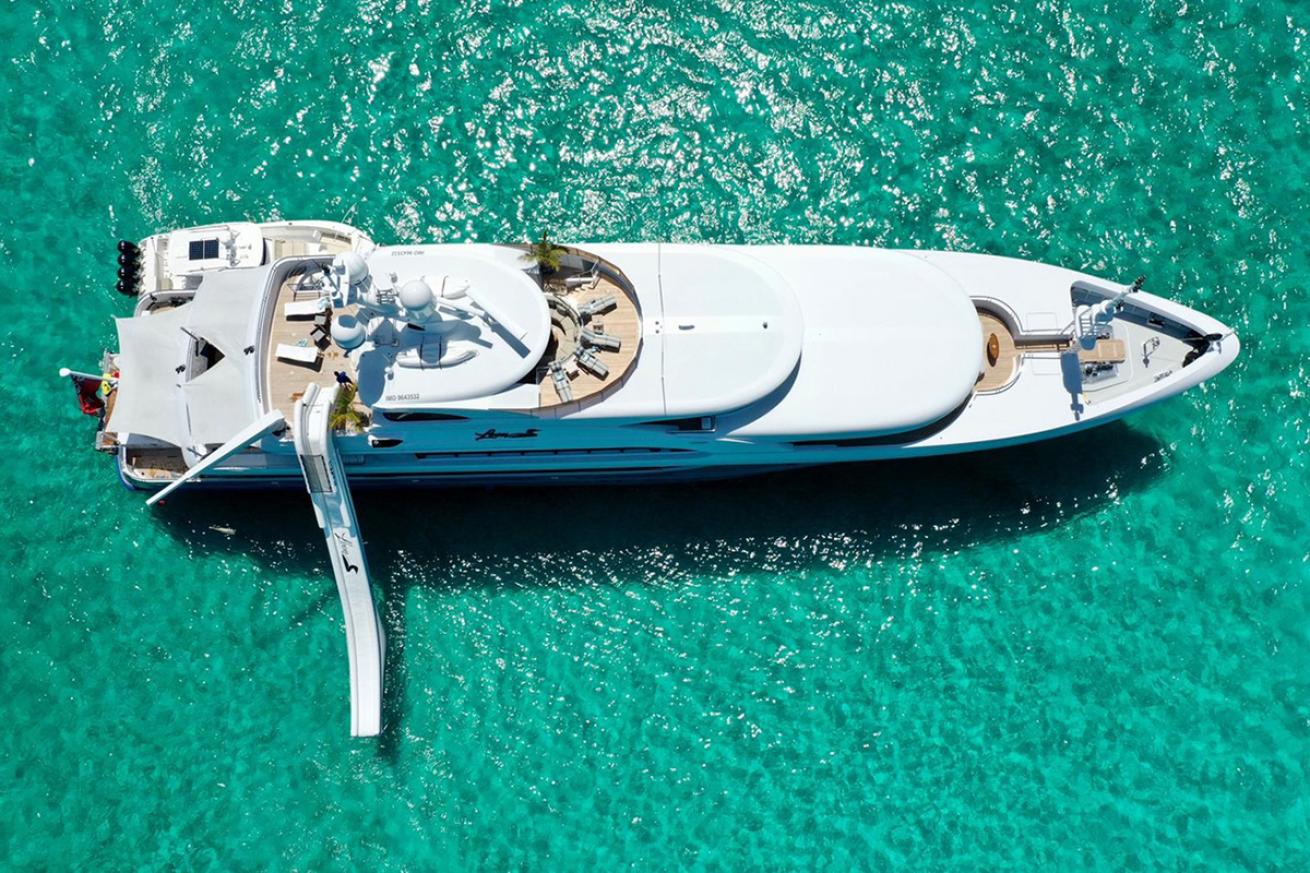
Motor Yacht LoonLoon, the luxury charter yacht on which Garmany is First Mate and diving instructor.
Tahiti, the South of France and all over the Caribbean are among the places I’ve been privileged to travel and dive while working as a Dive Instructor aboard super yachts.
I’m 42 and from Zimbabwe. I’ve been diving since I was 18. I first started working at land-based dive resorts in Mozambique during holidays from university, where I got great experience launching and beaching boats in the surf thanks to all the country’s wild exposure.
When I got into yachting in my 20s, I only had my Dive Masters, but it allowed me to crew on bigger boats that had dive centers onboard.
The first yacht I worked on was in the South of France. It had a great dive program. When I was on vacation in Thailand, the owner suggested I do my Instructors course so I could offer that service onboard.
From France, I got hired to be a dive instructor on a yacht in Tahiti. We did 100 days of charters around the Society Islands. We’d have our guests do their coursework before they arrived so we could just go out and start diving. Later, I worked on a yacht in the Sea of Cortez and now I’m First Officer onboard Motor Yacht Loon, a 155-foot-long super yacht available for charter in the Bahamas—where we spend a lot of time diving in the crystal clear waters of the Exumas.
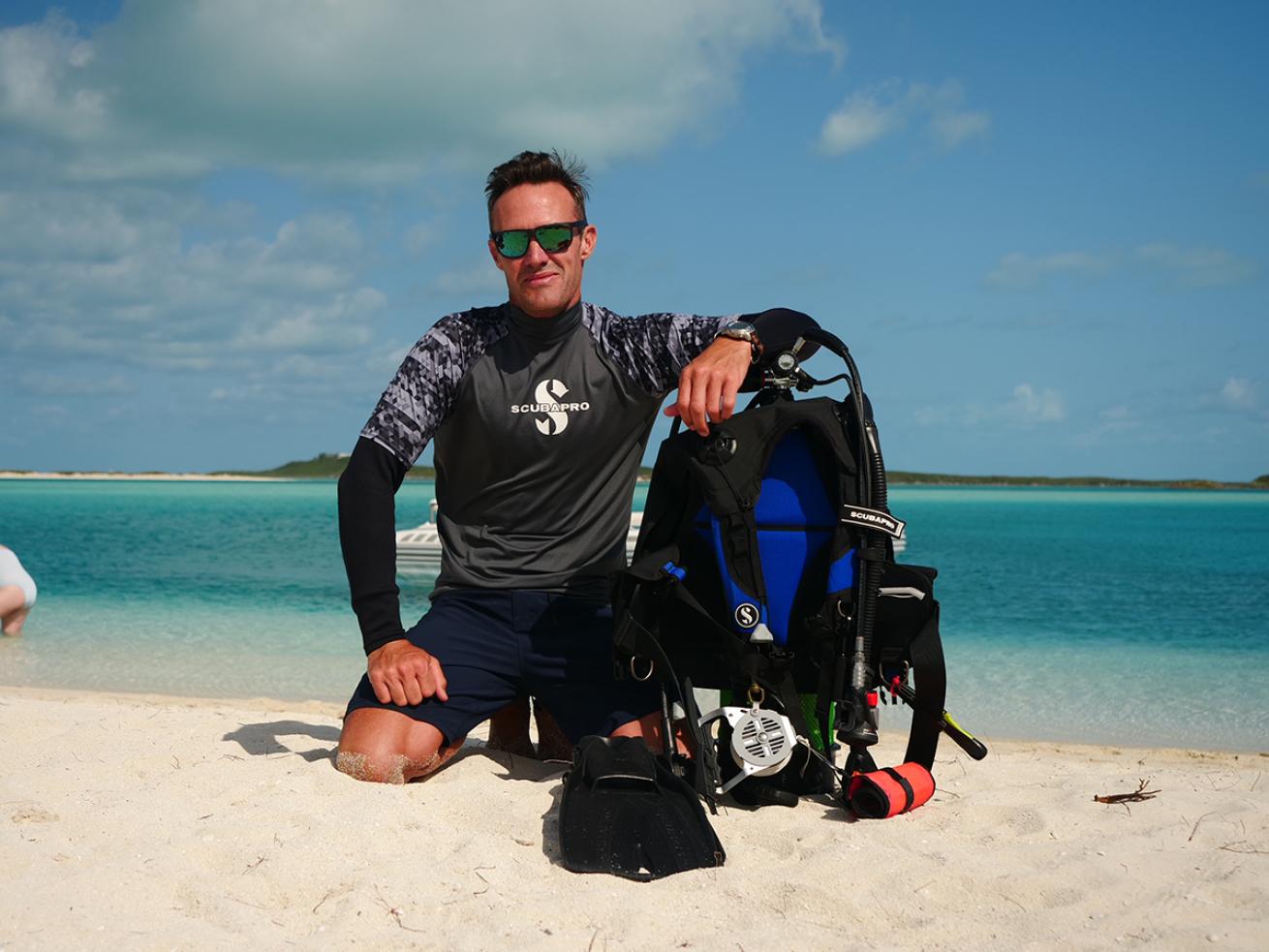
Courtesy imageWarren Garmany
You get quite a lot of autonomy on a yacht as the professional diver onboard. You choose the dive sites and the equipment. It’s a great way to break up the monotony of working on deck, which quite often can be a lot of scrubbing, cleaning, anchor watch, running tenders and those kinds of activities.
Being able to dive is also a useful skill to have on a yacht when it comes to things like checking to be sure the bottom is flat before anchoring or seeing if a net is stuck on the propeller.
Working on yachts, you have to learn to be a little more refined than at a land-based shop. You can’t be rough around the edges. I’ve taught quite a few celebrities in the Mediterranean who came off a movie set or Grand Prix and events like that. They have expectations you have to meet.
On a super yacht, you do everything for guests. When it comes to diving, you set them up completely. You put their BCDs on for them, you make sure everything is tucked in, prep their masks so they don’t fog, make sure their fins are the perfect fit. We make it really easy for the guests so they just jump in and go down. We’ll find ourselves inflating their BCs for them so they’re not distracted with things like that. It’s a different kind of personalized attention above water and below. We have four PADI dive instructors onboard Loon so one can be teaching, another can be next to a guest helping with their buoyancy and another can be filming the experience—we leverage off each others’ skills.
If you’re a dive master and looking to work on yachts, it's an added skill to have on your resume that gives the captain and crew that sense of security that you can do these kinds of operations on the water for a guest who suddenly wants to go diving. Instead of passing guests off to a land-based shop, we can manage things exactly as we want on our boat. We do work with local guides, too, of course, for the best information on dive sites and conditions. But on a yacht you get access to offshore pinnacles and other sites the day boats don’t go.
When it comes to the travel opportunities working on a yacht offers, having your dive masters can help you get on more adventurous programs as opposed to boats that are based just in marinas or cities. For that reason alone—and if you’re someone who really likes to explore—it’s definitely worth doing.

